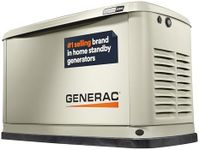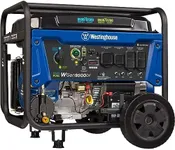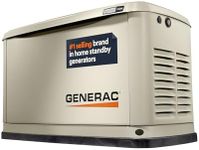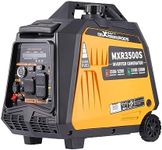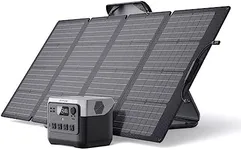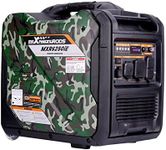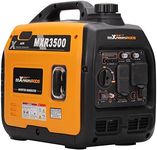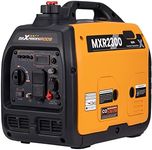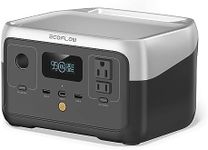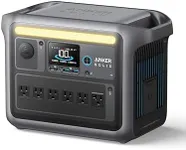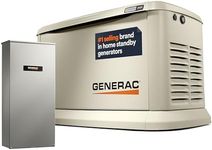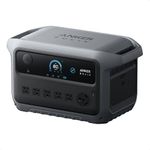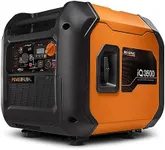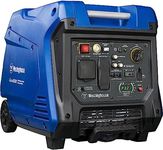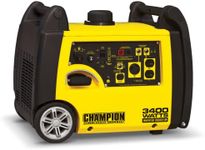Buying Guide for the Best Generators
Choosing the right generator can make a big difference in how well you handle power outages, outdoor activities, or worksite needs. The best approach is to start by thinking about what you want to power—are you looking to keep your home running during a blackout, power tools at a job site, or just run a few appliances while camping? Once you know your needs, you can look at the key specifications that matter most. Understanding these specs will help you find a generator that’s reliable, safe, and suitable for your situation.Power Output (Wattage)Power output, measured in watts, tells you how much electricity the generator can provide at once. This is important because every device or appliance you want to run has a wattage requirement. Generators come in a range of outputs: small portable models might offer 1,000 to 2,000 watts, which is enough for a few lights and small devices, while larger home backup generators can provide 5,000 watts or more, enough for major appliances. To pick the right wattage, add up the wattage of everything you want to run at the same time and choose a generator that can handle a bit more than that total.
Fuel TypeGenerators can run on different fuels, such as gasoline, diesel, propane, or even natural gas. The fuel type affects things like how easy it is to refuel, how long the generator can run, and how much maintenance it needs. Gasoline is common and easy to find, but it can be harder to store safely for long periods. Diesel generators are often more fuel-efficient and last longer, but they can be heavier and noisier. Propane and natural gas are cleaner and can be stored longer, but may require special hookups. Think about what fuel is easiest for you to get and store, and how you plan to use the generator.
Run TimeRun time tells you how long the generator can operate on a full tank of fuel at a certain load, usually measured in hours. This is important if you need power for extended periods without refueling. Shorter run times (4-6 hours) are fine for quick jobs or short outages, while longer run times (8-12 hours or more) are better for overnight use or longer emergencies. Consider how long you typically need power and choose a generator that can run for that duration without constant refueling.
PortabilityPortability refers to how easy it is to move the generator around. Smaller, lighter generators are easier to carry and are great for camping or tailgating, while larger models may have wheels and handles to help move them but are still heavier and bulkier. If you need to move your generator often or use it in different locations, look for a portable model. If it will stay in one place, like as a home backup, portability is less important.
Noise LevelNoise level, measured in decibels (dB), tells you how loud the generator will be when running. This matters if you’ll be using it near your home, in a neighborhood, or at a campsite. Quieter generators (around 50-60 dB) are less disruptive and better for residential or recreational use, while louder models (70 dB or more) are common for worksites where noise is less of a concern. Think about where you’ll use the generator and how much noise you and those around you can tolerate.
Outlets and ConnectionsThe types and number of outlets on a generator determine what you can plug in directly. Some have standard household outlets, while others include special plugs for RVs or heavy-duty equipment. More outlets and a variety of types give you more flexibility. Make sure the generator you choose has the right outlets for your needs, whether that’s for home appliances, power tools, or recreational vehicles.
Start MechanismGenerators can be started in different ways: manual recoil (pull-start), electric start (push-button), or even remote start. Manual start is simple and reliable but requires some effort. Electric start is easier, especially for larger generators, but needs a charged battery. Remote start adds convenience if you want to start the generator from a distance. Choose the start mechanism that matches your comfort level and how you plan to use the generator.
